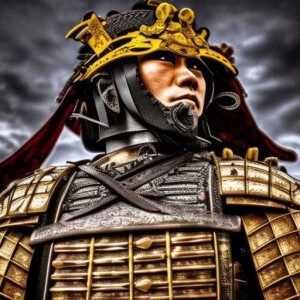Get ready to be transported to ancient Japan, where the legendary samurai roamed the land, living by a strict code of honor known as bushido. These warriors were the epitome of bravery, discipline, and loyalty, and were highly respected and admired in Japanese society.
The samurai were not only known for their combat skills, but also for their proficiency in various martial arts, including archery, swordsmanship, and horseback riding. They were trained in the art of warfare, strategy, and tactics, and had to be physically fit and mentally sharp at all times. Their lives were dedicated to serving their lords, and they were willing to risk it all to defend their honor.
The samurai emerged as a powerful force in Japanese society during the feudal era, serving as the ruling class and the protectors of their lords. But as modernization swept across Japan, the role of the samurai changed. They were no longer needed as warriors, and many found themselves without a purpose. Some turned to the arts or business, while others became bureaucrats.
Despite the passing of time, the legacy of the samurai lives on through Japanese culture, martial arts, and popular media. The katana, or samurai sword, is still highly prized as a work of art, and samurai movies and anime continue to captivate audiences around the world. The samurai code of bushido remains a symbol of honor and integrity, inspiring people to act with courage and self-discipline in all aspects of life.
In conclusion, the samurai were a fascinating class of warriors who played a significant role in Japanese history and culture. Their discipline, bravery, and loyalty continue to inspire people around the world, and their legacy will forever be remembered as a symbol of honor and integrity.

